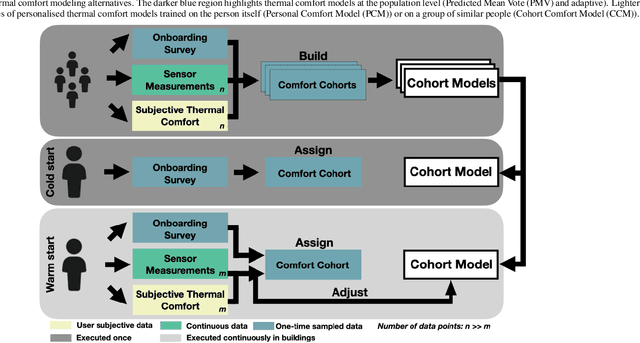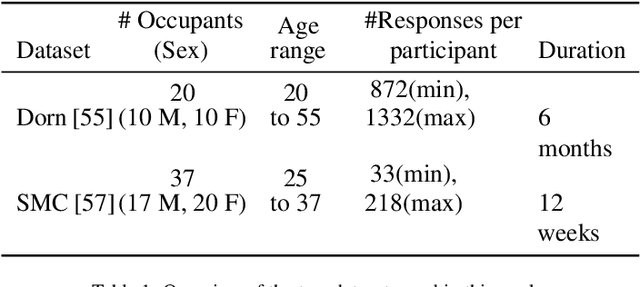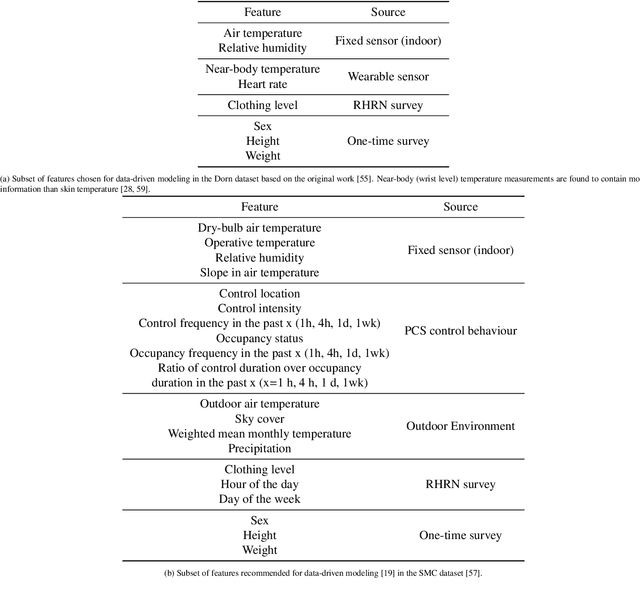Joyce Kim
Artificial Intelligence in Career Counseling: A Test Case with ResumAI
Aug 28, 2023



Abstract:The rise of artificial intelligence (AI) has led to various means of integration of AI aimed to provide efficiency in tasks, one of which is career counseling. A key part of getting a job is having a solid resume that passes through the first round of programs and recruiters. It is difficult to find good resources or schedule an appointment with a career counselor to help with editing a resume for a specific role. With the rise of ChatGPT, Bard, and several other AI chat programs it is possible to provide specific, automated feedback on various concerns to suggest places for improvement within the context of career counseling. This paper begins with a quick literature review on the ethical considerations and limitations of AI in career counseling. The authors also have created their own website service, called ResumAI, to test and review the functionality of an AI career counselor. The findings of this study will contribute to the understanding of chat AI ResumAI reviewer programs and sites. The implications of the findings for the field of career counseling, AI development, and ethical practice will be discussed.
Cohort comfort models -- Using occupants' similarity to predict personal thermal preference with less data
Aug 05, 2022



Abstract:We introduce Cohort Comfort Models, a new framework for predicting how new occupants would perceive their thermal environment. Cohort Comfort Models leverage historical data collected from a sample population, who have some underlying preference similarity, to predict thermal preference responses of new occupants. Our framework is capable of exploiting available background information such as physical characteristics and one-time on-boarding surveys (satisfaction with life scale, highly sensitive person scale, the Big Five personality traits) from the new occupant as well as physiological and environmental sensor measurements paired with thermal preference responses. We implemented our framework in two publicly available datasets containing longitudinal data from 55 people, comprising more than 6,000 individual thermal comfort surveys. We observed that, a Cohort Comfort Model that uses background information provided very little change in thermal preference prediction performance but uses none historical data. On the other hand, for half and one third of each dataset occupant population, using Cohort Comfort Models, with less historical data from target occupants, Cohort Comfort Models increased their thermal preference prediction by 8~\% and 5~\% on average, and up to 36~\% and 46~\% for some occupants, when compared to general-purpose models trained on the whole population of occupants. The framework is presented in a data and site agnostic manner, with its different components easily tailored to the data availability of the occupants and the buildings. Cohort Comfort Models can be an important step towards personalization without the need of developing a personalized model for each new occupant.
 Add to Chrome
Add to Chrome Add to Firefox
Add to Firefox Add to Edge
Add to Edge